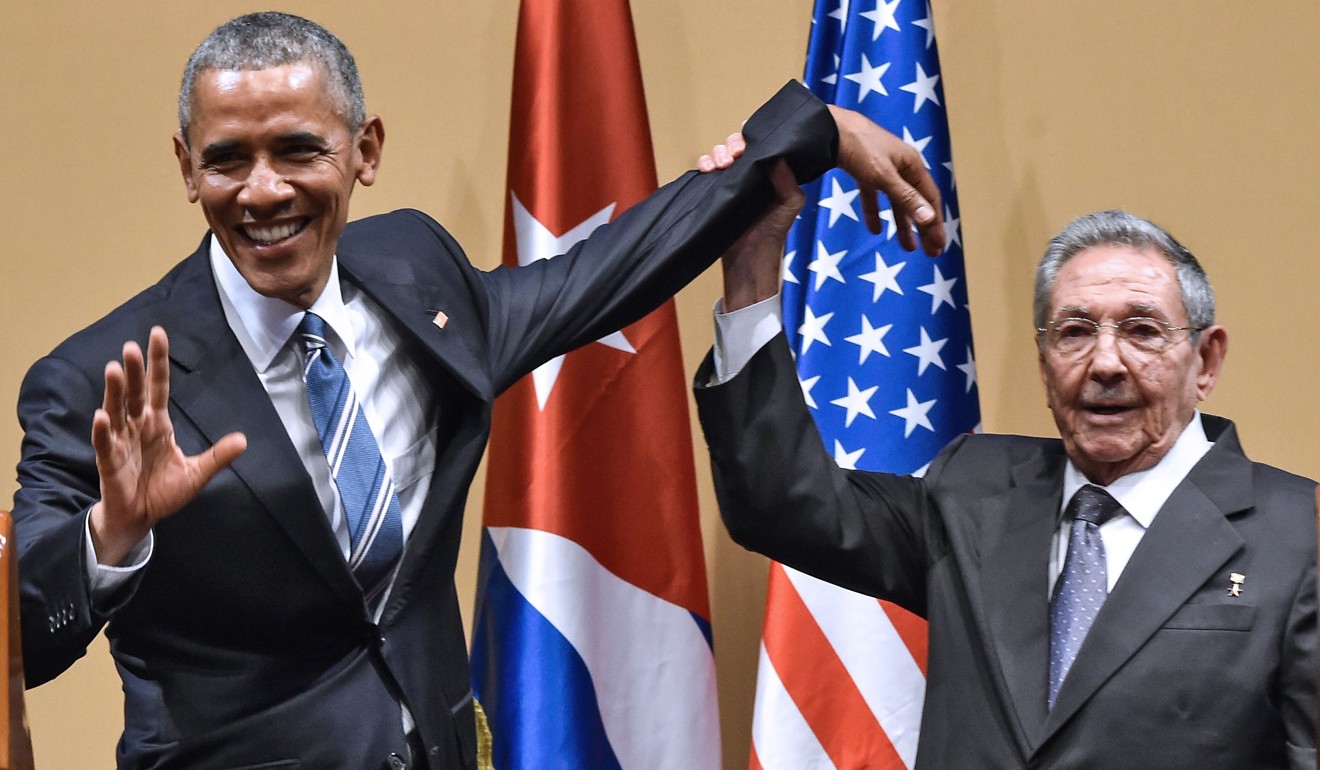
Online Letters, November 21, 2017
Reclamation and using rural areas are not green options to provide more flats
I refer to Jake van der Kamp’s column (“Hong Kong still has plenty of wasted space to solve its housing woes”, November 15).
I agree with him that reclamation is not the best way for the government to address our housing shortage problem.
Finding the right solution is proving to be time consuming and controversial, because many people argue that as well as increasing housing supply, the skyrocketing prices of flats have to fall. With high prices one contributory factor has been property speculation from outside investors including rich mainland citizens. And as rents rise they become unaffordable for Hongkongers on low incomes who are often forced to live in subdivided flats or even cage homes.
Obviously more land is needed to substantially increase the housing supply. But I do not agree with those who argue that the best ways to do this is through land reclamation and using rural areas [including parts of country parks].
We have older urban areas which are ripe for redevelopment. They are full of empty industrial buildings. These buildings could be turned into housing or demolished and new housing blocks could be constructed on the sites. Hong Kong’s industrial era has passed, so these old factories can have a new lease of life as homes. There are also a lot of brownfield sites throughout Hong Kong that could also be used for new residential blocks.
I do not understand why the government is not taking the initiative. It needs to consult all stakeholders and come up with plans for new housing projects on these sites which could free citizens from the misery of living in substandard accommodation.
Simon Cheng, Tusen Wan
Central government has to earn respect
I refer to Yonden Lhatoo’s column (“Want us to respect national anthems? Give us better songs!” November 11).
The National People’s Congress Standing Committee passed national anthem legislation for the mainland and then incorporated it in the Basic Law. It stipulates that people should stand when the anthem, the March of the Volunteers is being played. Many citizens in Hong Kong feel this is a ridiculous rule.
I think that even once it becomes law in Hong Kong, many people will ignore it. In fact, there may be displays of disrespect by some outraged citizens.
The implication behind the law is that a show of respect for the anthem is a show of respect for the central government. So people will refuse to obey the law because they do not respect that government. China’s leaders should ask themselves why that is the case. Corruption is rife on the mainland and because of that the poorest in society suffer. What is the government doing to deal with that problem?
There is little point in the government passing these laws if it cannot improve its own track record. In fact it will just set more Hongkongers against it and so it will be counterproductive.
Given the state of the present leadership in China I cannot say I am proud of my country.
Kyle Wong, Lai King
Pupils would benefit from study hours cap
Young people in Hong Kong face a heavy workload. After spending around eight hours at school they will often then have extracurricular activities or tutorial classes and when they get back home have to do a lot of homework, including revision and preparing for tests.
Therefore, I support the proposal that there should be a daily study hours cap for pupils and I think it should be set at 10 hours. This law should also stipulate that there should be 30 minutes of exercise every day in school and pupils should have one hour free time to do whatever they want.
If they have this regular exercise period then hopefully they will develop a healthy habit and participate in sports in their spare time.
Also if they have a study hours cap then hopefully they can spend a lot of time with the rest of the family and parents will communicate more with their children leading to a closer relationship. Parents will then be able to discuss important topics like moral education.
Some countries do lay down guidelines for schools on the maximum amount of homework that pupils should have to do every evening.
I do agree with those people who advocate legislation being enacted to stop youngsters facing an impossible workload. It is important to place a limit on study times.
Emily Shek, Tseung Kwan O
Time management is so important for children
I refer to the report (“How Chinese children are at high risk of obesity from lack of sleep and late bedtimes”, November 13).
Many parents in China have such high expectations of their children academically. They will have to do a lot of homework which often means little or no exercise and not getting to bed till late. This causes an appetite imbalance which can lead to overeating and obesity.
The obvious solution is for parents to lower their expectations to realistic levels and put less pressure on their children. With less stress and a lighter workload they will have more spare time. They can have time to relax and exercise and get a good night’s sleep. The children are then more likely to stick to a healthy diet and less likely to become obese.
It is also important for children to learn time management skills. They should work out their own timetable, allocating periods for revision, other studies and for exercise. If they do this efficiently, they should be able to complete all their homework and still be able to get a good night’s sleep. Parents should help their children achieve these lifestyle goals. That parental support is very important to these youngsters so they are able to get the right work-life balance.
Polly Lam Po-ni, Kwai Chung

Obama’s agreement with Cuba was insufficient and inequitable
US relations with Cuba are back in the spotlight. The Trump administration announced new restrictions on travel and trade with Cuba. The rolling back of Barack Obama’s measures towards the island’s government is a promise President Donald Trump had made some months ago.
The steps are reasonable, since Obama’s agreement with Cuba was insufficient and inequitable. The US gave much and received little in return.
It has been more than a year since the normalisation of relations. Cuba has been unwilling to change rapidly, and past treaties were failing to achieve a new robust track. One example is the continued discriminatory practices against Americans in the island. On a recently booked trip I had to Cuba, for example, it turned out that hotel rates were much higher for Americans than for Europeans, so I cancelled my plans.
This was a silent retaliation by the hotel for the years of economic embargo. The focus was on individuals who had no say on the matter and no ability to change American relations with Havana.
With the new tight restrictions, American individuals can no longer visit Cuba and groups need a licence from the Treasury Department to visit the country. The Cuban tourism industry will feel the effects of the US government encouraging Americans to stay in private houses and avoid hotels and restaurants connected to or owned by the military and security services.
Cuba needs to take a step back and accept new policies which are fair, non-discriminatory and welcoming to visitors, American and Cuban. As a fair trade and commerce relationship is not yet a reality, the US government must demonstrate a stronger position in order to encourage appropriateness.
In addition, it is important to note that seeking improved relations with Havana does not mean forgetting the violations against human and civil rights during the Castro government. The population’s welfare is equally relevant as economic aspects in diplomatic relations, and actions such as expropriations and unjustified prison sentences should still be remembered and repaired.
Much remains to be done by Cuba, particularly since the US long ago initiated important steps to reflect its own atonement. Cuban pressure to repay for earlier inequities will not work. Only if both parties commit to a fair relationship, will we see commerce between the countries growing and bringing benefits and economic growth.
Professor Michael R. Czinkota, McDonough School of Business,
Georgetown University, Washington, US

